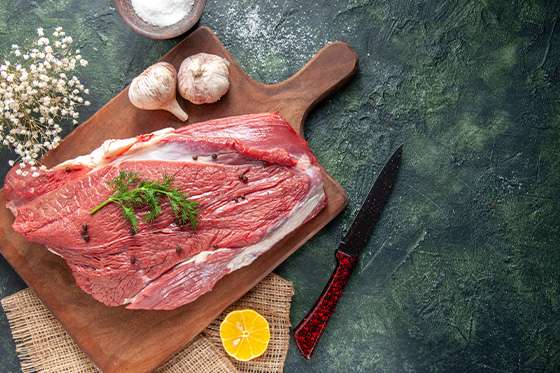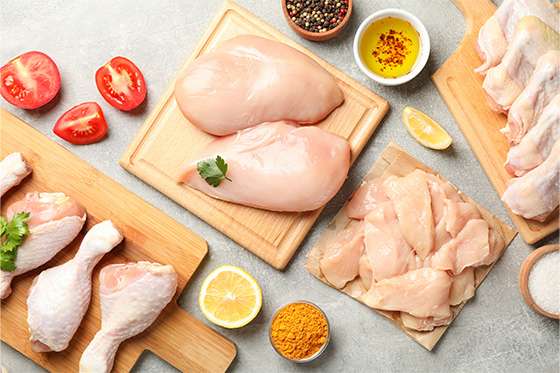As the demand for Halal products continues to soar in the UK, supermarkets are faced with the task of meeting the diverse needs of Muslim consumers. In this blog post, we’ll delve into the burgeoning market for Halal products, examining emerging trends, certification standards, and strategies for catering to the unique preferences of Muslim shoppers.


Rising Demand for Halal Products
The UK’s Muslim population is growing rapidly, driving increased demand for Halal products across various categories, including food, beverages, cosmetics, and personal care items. As Muslim consumers become more discerning and health-conscious, they are seeking a wider range of Halal options that meet their dietary and lifestyle preferences. Supermarkets are responding to this demand by expanding their Halal offerings and providing greater choice and variety to cater to diverse tastes and preferences.
Certification Standards and Assurance
Certification plays a crucial role in the Halal market, providing assurance to consumers that products meet stringent Halal requirements and standards. Supermarkets must ensure that their Halal products are certified by reputable Halal certification bodies recognized by Muslim consumers. By adhering to recognized certification standards, supermarkets can build trust and confidence among Muslim shoppers, reassuring them of the authenticity and integrity of the products they purchase.
Catering to Diverse Preferences
Muslim consumers are not a homogeneous group, and their preferences and dietary requirements vary widely based on factors such as cultural background, dietary restrictions, and personal preferences. Supermarkets must recognize and accommodate this diversity by offering a wide range of Halal products that cater to different tastes, preferences, and dietary needs. Whether it’s traditional Halal foods, ethnic specialties, or gourmet Halal options, supermarkets must tailor their offerings to meet the diverse demands of Muslim consumers.
Innovative Strategies for Success
In today’s competitive market, supermarkets must adopt innovative strategies to stand out and succeed in the Halal segment. This may include partnering with Halal-certified suppliers and brands, offering exclusive Halal product lines, and leveraging digital platforms to engage with Muslim consumers and promote Halal offerings. By staying attuned to market trends, embracing innovation, and understanding the unique needs of Muslim shoppers, supermarkets can position themselves as leaders in the Halal market and capture a larger share of this rapidly growing segment.
In conclusion, the Halal market presents immense opportunities for supermarkets willing to invest in understanding and catering to the diverse needs of Muslim consumers. By embracing Halal trends, adhering to certification standards, and adopting innovative strategies, supermarkets can establish themselves as trusted destinations for Halal products and services, driving growth and success in this dynamic and evolving market landscape.









